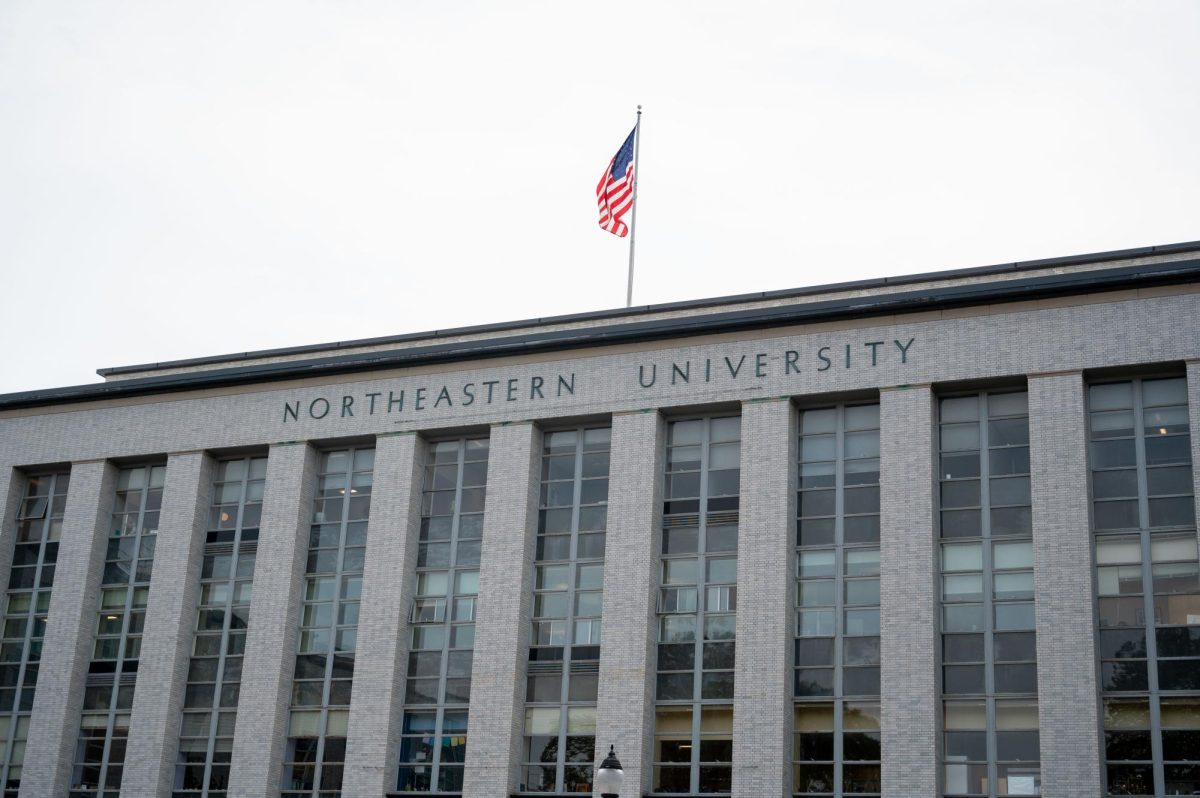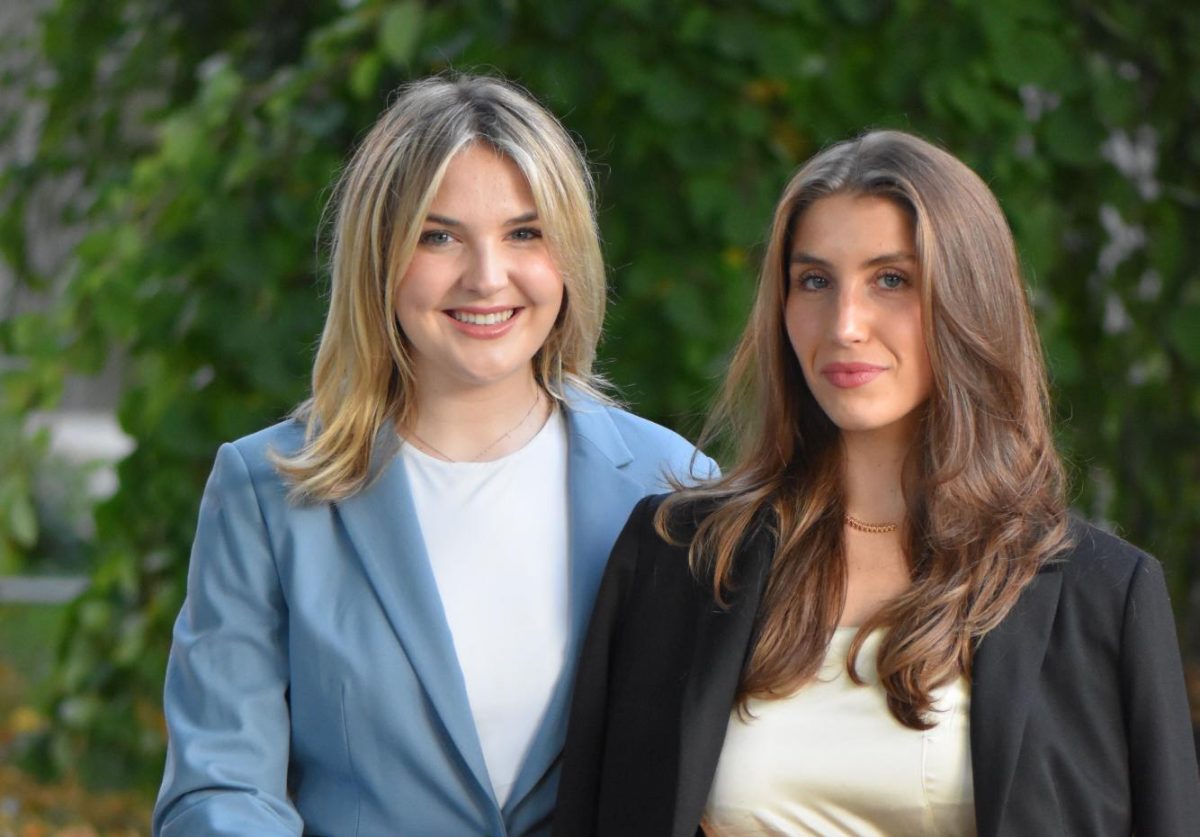With students’ attention turning to the upcoming changes brought by semester conversion, the Student Government Association (SGA) gained attention from its work to advocate for those issues.
To overhaul their own resources before the conversion, the group accomplished a first-ever feat in passing a referendum to raise their Student Activities Fee. Simultaneously, it expanded students role in their governing process by getting 23 percent of the student body to vote on the measure.
They were also in the middle of semester conversion info, attempting to pass legislation that would force students to see their advisors, and providing the only conversion info outside the registrar’s office.
SGA also looked to advocate for NU students in the city government as they helped found the Boston Intercollegiate Government with Boston University, Boston College, Harvard and MIT to take issues like parking availability and public transportation being open at a later hour to the Boston City Council.
Back on campus, the students voice on campus passed one of their major initiatives over the past few years through the administration in the Centralized Interpreting Fund. The fund will be used to expand the use of interpreters for deaf students on campus.
At the end of the year, senators endured an especially busy schedule with three meetings that lasted four hours or more. During these meetings, they investigated their own role in reaching the students through elections and revamping their constitution.
While no official new constitution has been agreed upon yet, the group did hold a two- hour discussion on what to do with the departure of Vice President of Student Affairs Karen Rigg. Rigg has been the main advocate for student issues in the administration.
At their elections, SGA had their highest number of contested positions in SGA history. To hammer out their differences, candidates debated each other and answered questions from the student body.
Next year, SGA hopes to hold more referendums and bring a program of direct elections of student officers by students to campus. They also want to expand their visibility to students and do a better job of telling the administration what students want it to hear.
“It’s all about soliciting student opinion,” said Senator Sam Klar.
— Steve Babcock









